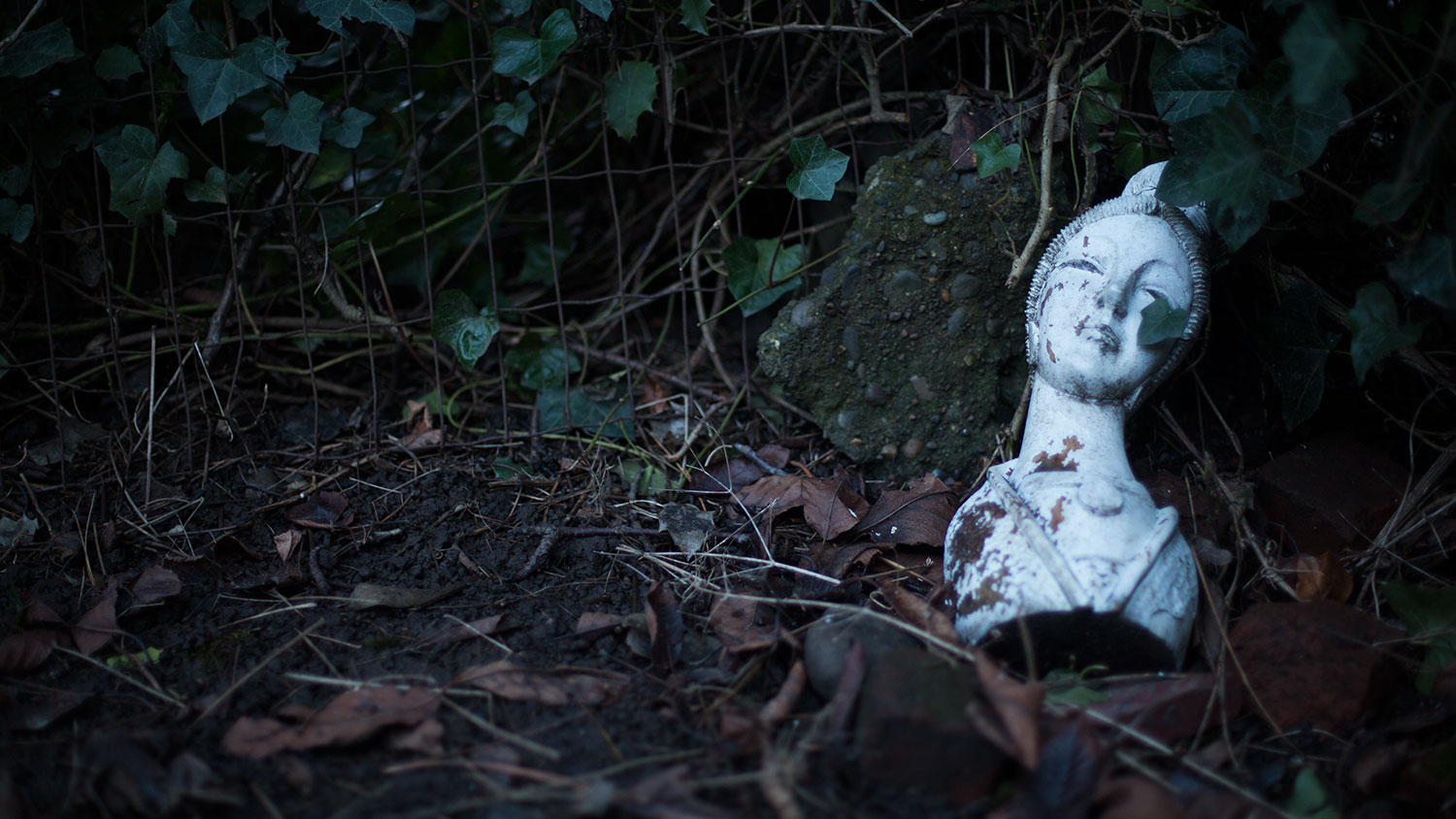those unheard

…she was like a book without any pictures. In other words, the kind of person who, unless you brought your whole soul to bear in reading them, would remain forever unknowable (116).
A fall through the ice shapes the story. It is dramatic, inexplicable – and unexplained. The narrator is walking a dog, and then, suddenly, has fallen through the ice, is drowning, as the dog runs along the shore barking. How she escapes, or if she escapes is unclear. Being of a gloomy character, I prefer to think she does not: the language of sinking, of being sunk, of being overwhelmed, of drowning, pervade the novel – it begins with the rush of music, of feeling, of memory, before the narrator breaks the surface. Yet the internal evidence suggests she does, that the accident set in motion a train of memories, shocked the narrator into thinking about things she would rather avoid, but that she does escape from the depths – even if survival seemed somewhat unsatisfactory.
It is difficult to think about A Greater Music without thinking also of Last Words from Montmartre. The connection lies not in the similarity of their subject matter – queer women enduring a breakup in a foreign country – but in the way they focus their attention, the glimpses of the cultures to which the narrators will never quite belong, but against which they dash their passions and their hopes, as well as the ways in which the interior music, the interior life, are never successfully translated into a foreign language, into a foreign mind. Even the names of gatekeepers from the periphery – Tarkovsky, Kundera, and other cultural icons of that sort, who excel at teaching outsiders how best to look at the spectacle of late twentieth-century Europe – become empty and lose some of their talismanic power, as indeed do many things one clings to for comfort.
Ultimately, ‘learning a foreign language’ is too simplistic an expression for a process which is more like crossing a border; similarly, an individual’s development as a human being is only possible through language, not because language is our only means of communication, but because it is the only tool precisely calibrated for the application of critical thought. But to me, these thoughts of M’s were nothing but phantoms. A mother tongue isn’t a border that can just be crossed, not even with the strongest will in the world. Even after fully mastering a foreign language (if such a thing is ever possible), your mother tongue still acts as a prison for your consciousness – this wasn’t a view that M ever expressed in so many words, I but I knew that it was true. The fact that my mother tongue was different from M’s caused me unbearable grief (61).
